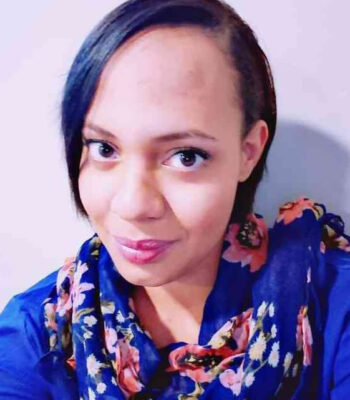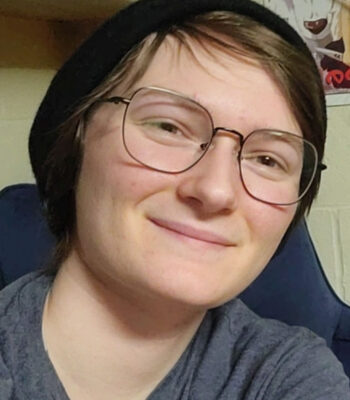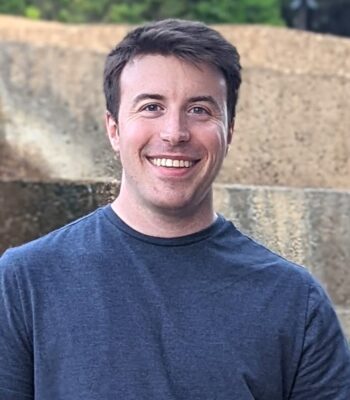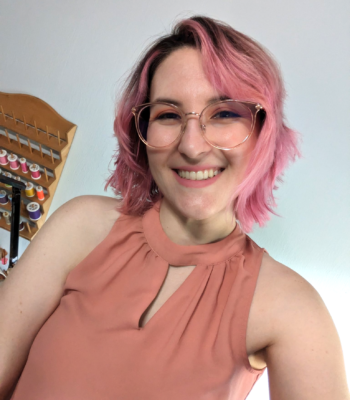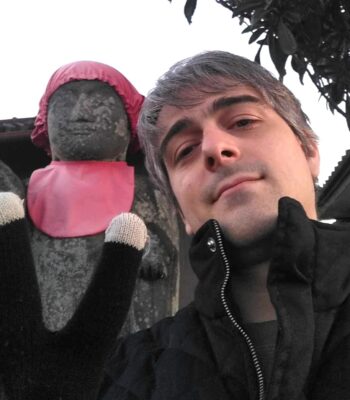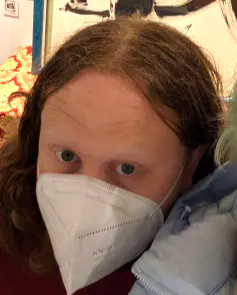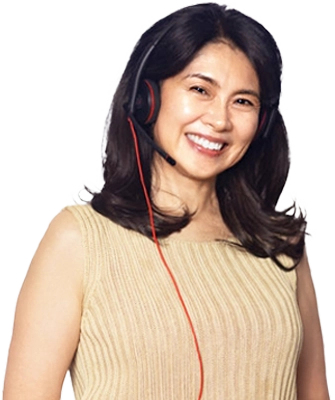- Learning Japanese
- Japanese Culture
From Zero to Fluent in Japanese: The True Story of How I Mastered Japanese and Changed My Life - Part 7: The Birth of OSJ – Through Trial and Ink
2025.10.12
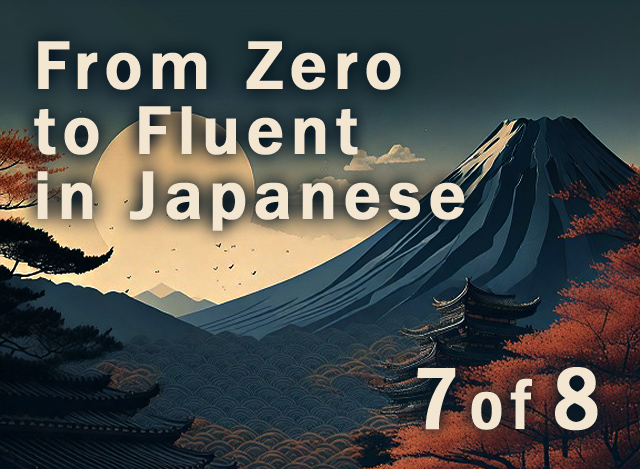
Chapter 23: The Deep Breath Before the Plunge
It was early autumn on the East Coast when I landed.
The warm haze of summer had just started to fade into crisper mornings, and the first few red leaves had begun to curl at the edges of the trees. After a whirlwind year in Japan, I was back on U.S. soil—and this time, not as a student, not as a traveler, but as a young man about to step into the next phase of his life.
I had graduated. I had become fluent in Japanese. I had lived, not just studied, the language. But now, I was heading into territory that no textbook or lecture hall had ever prepared me for.
And I wasn’t alone.
Oku Sensei had made a life-altering decision: she resigned from her position as a university professor. Together, we packed our entire lives into one truck and one car. No friends nearby. No job for her. No family support. No guarantees.
Just the two of us.
Just belief.
We didn’t know anyone in Ohio. We didn’t know how to navigate the corporate world. We didn’t even know if we’d be able to afford what came next. But deep down, even beneath the fear, was a quiet conviction—an unspoken trust in one another. A shared feeling that, somehow, some way, we would make this work.
Because we had to.
It was a gamble. A big one.
But it felt like the right one.
Because deep down, we believed in each other. In something we couldn’t fully explain yet. Something that would, eventually, take shape.
Something that would one day become OSJ.
I had accepted an offer to work as a Bilingual Engineering Liaison in the semiconductor industry, managing the second-largest account of the company. The title was “Application Engineer”—but in reality, I had no idea what I was walking into. I had never held a full-time job. I didn’t know how to write professional emails. I had no idea how to manage an account, manage projects, and deal with customers. I had never been in a real meeting, let alone one involving millions of dollars and cross-cultural communication. And yet, this was the role I was stepping into.
Day one was already on the calendar. The clock was ticking.
And suddenly, the stakes felt very real.
This wasn’t going to be a study abroad, and it wasn’t going to be romantic.
This was the real world, and it was just me and Oku Sensei.
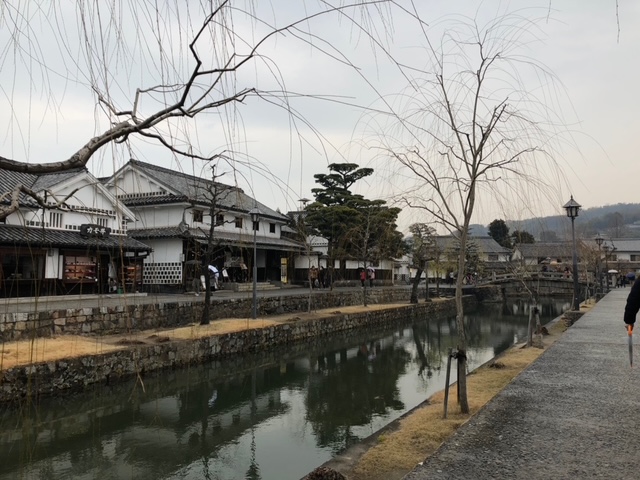
From that day on, I had to learn everything from scratch.
- How to wake up at 6 a.m., suit up, and sit in traffic every day
- How to track budgets, pay bills, and file taxes
- How to buy furniture, get insurance, and negotiate a lease
- How to balance a relationship while building a career
- How to translate in real time, write business emails in Japanese, understand engineering specs, and speak up in meetings with men twice my age
- How to survive in a corporate culture where results, not effort, are what matter
There was no textbook for this. No study group. No friendly senpai to show me the ropes.
There was only pressure.
And beneath that pressure, the creeping voice of doubt:
What if I mess everything up?
Did I really make the right decision?
What if she gave up her career for me, and I can’t deliver?
There was so much I didn’t know. Not just about semiconductors, but about adulthood. About being a true man. About carrying someone else on your shoulders while still trying to build yourself up.
But even in the middle of that uncertainty, I could feel something shifting again.
I wasn’t afraid to work hard. I wasn’t afraid of challenges. I just didn’t yet understand how heavy the load would be—or how long I’d be carrying it.
Still, as I stood in our new apartment, boxes half-unpacked and the fridge half-empty, I felt something stir.
Not confidence. Not certainty.
But readiness.
The readiness that comes not from having everything figured out, but from knowing you’ll fight like hell to figure it out anyway.
This wasn’t the victory lap. This was the deep breath before the plunge.
And soon, I would find myself face-to-face with tests I couldn’t imagine.
But for now—for this one quiet moment—we had arrived.
Together.
And that was enough.
The next morning, I got dressed in silence.
The air outside was still gray, the streets still empty. I adjusted my tie, checked my bag three times, and walked toward the door.
My hand froze on the doorknob.
I turned around—and there she was, standing in the hallway of our little apartment. Hair pulled back, still in her pajamas, cradling a warm Japanese cup of green tea in both hands.
She gave me one of her signature, knowing smiles.
And then, softly, she said:
“You’ll do great.”
She believed in me more than I believed in myself.
And so, I stepped out the door, bag in hand, heart pounding, and walked headfirst into the next phase of my life.
★Also try reading:
The History of Kanji and the Fundamentals of Kanji Learning
Chapter 24: Thrown to the Wolves
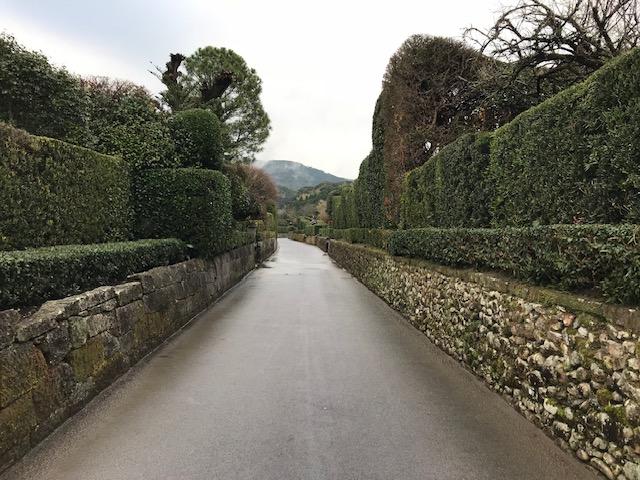
The title on paper sounded impressive enough: Application Engineer managing our second largest client in the semiconductor division. I was supposed to be the bilingual bridge between our U.S. engineering teams and our high-stakes Japanese customer.
But in reality? I had absolutely no idea what I was doing.
There was no training manual. No onboarding period. No warm-up matches.
I was thrown into the battlefield from day one.
Suddenly, I was in meetings where million-dollar projects were being discussed in rapid-fire Japanese. I was expected to translate technical documents I barely understood, write professional business emails, and respond to the customer’s urgent design requests—all while learning what an “application engineer” even was.
Every day, my inbox was on fire.
Emails from the customer complaining about our delays.
Emails from our Japan support team asking for impossible explanations.
Emails from my bosses telling me we were on the verge of losing the account.
“We are incredibly behind schedule and performance expectations on almost all our design projects and are on the verge of losing the customer. You NEED to do something about it or we will lose their business.”
I didn’t know how to reply.
“That’s not a professional email. You can’t send something like that to the customer.”
“This is not how you make requests to upper management. This will severely impact your end-of-year review.”
“You lack technical knowledge about our process.”
“This isn’t how you should be using Japanese.”
“This translation isn’t correct. We’ll correct it on our end.”
The criticism was relentless.
The pressure was constant.
And no one was coming to save me.
I’d stay in the product testing lab late into the night, running test after test on new designs, trying to optimize performance before the next shipment deadline. I studied old project records, dissected test results, created design specs and translated them until my head throbbed. On weekends, I joined Zoom calls with our Japan team. I reviewed customer complaints. I rewrote the same email fifteen times before hitting send.
There was no room to be weak.
No space to be unsure.
One bad call, one mistranslation, and the whole account could go up in flames.
And then—COVID hit.
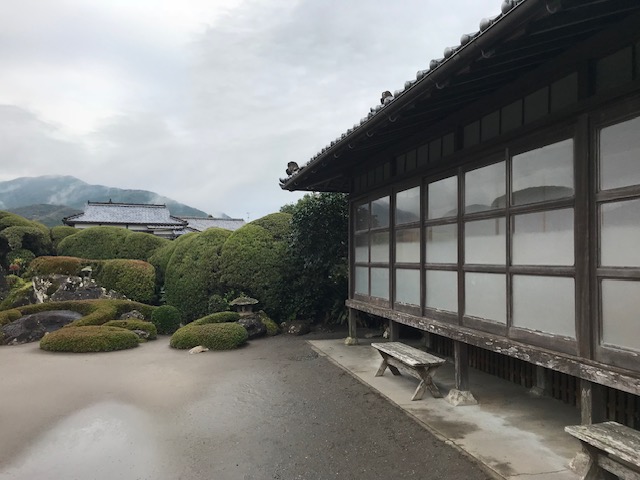
Suddenly, the world flipped upside down. Travel halted. Supply chains snapped. Our factory’s output plummeted as workers were forced to stay home. And the customer? They didn’t care. They just wanted results.
“Why are the lead times increasing?”
“Why haven’t you responded?”
“Why can’t you meet the specs?”
There I was—twenty-something, no prior full-time work experience, no mentors, no time to breathe—and now responsible for technically managing one of the most critical corporate relationships in our company.
I was being crushed from both sides.
The customer’s fury. My bosses’ expectations.
And me, stuck in the middle, bleeding stress.
Every day was a test I wasn’t sure I could pass—
and every task felt like the one that might bring it all crashing down.
I didn’t have time to think. I didn’t have the luxury to complain.
I had to succeed. I had to get better. There was no other choice. Sink or swim.
So I got up. Every day.
Put on my dress shirt. Drove to work.
Opened my laptop and faced the storm.
I learned as fast as I possibly could. I adapted. I found ways to read the room, even when it was a video call filled with frustrated engineers. I learned when to speak, when to stay silent, when to push back, and when to apologize. I learned how to manage projects, how to manage an account, how to deal with customers. I studied the technology, and banged my head against the wall until I understood. Slowly but surely, I got better. I started delivering. The projects slowly stabilized. The emails became less angry. My boss stopped hovering.
It wasn’t perfect, but at least I was improving.
But I wasn’t alone.
Because every night, when I got home, there was one constant.
Oku Sensei.
She’d look at me, see the exhaustion in my eyes, and say quietly,
“You did good today.”
And somehow, that was enough to get up and do it again.
★Also try reading:
The History and Fundamentals of Japanese Grammar
Chapter 25: Just a Brushstroke

I was still drowning.
Nothing was stable—at work, in the world, or in my mind. My days were filled with stress and deadlines, urgent messages from Japan, and pressure from all sides. The pandemic had swept through everything. Meetings were remote. Supply chains were collapsing. The weight on my shoulders only grew heavier.
But at home, something was stirring. Something that would change my life forever.
With the onset of the pandemic, Oku Sensei decided to talk to her long trusted PhD advisor, Barbara Fox. Barbara, a dear friend of Oku Sensei and incredibly knowledgeable about the field of linguistics, gave her the idea;
“If everything is shifting online, why don’t you start your own online school? If anyone can do it, it’s you. You have what it takes; you should go for it.”
Oku Sensei paused. Deep in thought. “I’ve…never considered it.”
She didn’t act on it immediately, but the seed had been planted. Slowly but surely, Barbara Fox’s words would start to take shape.
Some time after her talk with Barbara, Oku Sensei had been asked to move her university classes online for the first time in her teaching career. I’d see her at the kitchen table, trying to adapt from a lifetime of classroom teaching and handouts into Zoom meetings, online file sharing, and digital whiteboards. For a time, it was clunky, awkward, and frustrating.
But something interesting happened.
She adapted. Not only adapted, she got BETTER. It was incredibly difficult and time consuming, but through countless days of relentless effort, she improved and optimized her teaching style and all of her teaching materials for the online environment. Classes became more efficient. Lesson scheduling became more flexible. Students could retain information better, and made progress faster. Students started learning how to speak Japanese many times faster than I had, without doing any homework.
Yet, she still taught with the same warmth, the same intensity, the same depth, the same love. Even through a laptop screen, her students lit up. They laughed. They stayed late after class just to talk. Some cried. Some thanked her. Some told her these classes were the one thing keeping them sane during lockdown.
I watched her from the hallway sometimes—watched the way she carried them through.
And something stirred inside me.
It was quiet. Faint. Barely a whisper.
But it said: “This… this could be something.”
Not a plan. Not a strategy. Just a feeling.
So one night, I asked her; “Have you thought about opening your own school online like Barbara said? What if you provided University level Japanese classes for people online?”
Several weeks after that, we went to the hardware store together.
Not for anything fancy. Just something simple. Something real.
We picked out a cheap brush, brought it home, and sat down at the table.
We didn’t have a plan. We didn’t overthink it.
We just dipped it in ink and started to draw.
A curved line, shaped like a petal.
Then another.
And another.
We didn’t design. We didn’t analyze.
We just moved—together.
And there it was:
The first version of the OSJ logo.
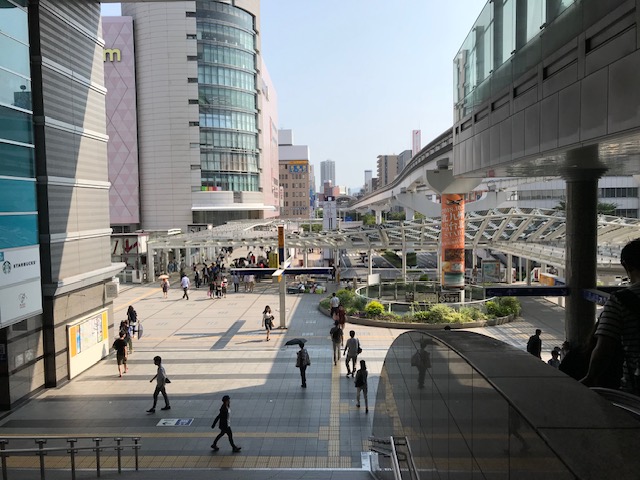
We didn’t know what we were doing. We had no business plan. No investors. No five-year projection.
Just a few brushstrokes and a silent agreement:
We’ll figure it out. Together.
At the time, we were still overwhelmed. Still barely making it through every day. Still unsure of where this idea would go—if anywhere.
But we kept thinking of the students.
The ones who lit up at the start of each lesson.
The ones who felt seen and appreciated.
The ones who laughed and cried in her office and after class.
The ones who, for the first time, felt like they were truly fulfilled, truly happy. Who felt like they were finally becoming the person they wanted to be through learning Japanese.
And the more we thought about it, the more we realized:
There were more people out there like them.
People who were dissatisfied with their life.
People that didn’t feel appreciated or understood.
People who were genuinely passionate about learning Japanese, but lost.
People who wanted a sense of connection, a sense of belonging.
They didn’t need another app. They needed a teacher. A mentor. A guide. A place to belong.
And maybe… just maybe… we could build it.
That night, as I cleaned the ink off the brush, I looked at the scrap of paper again.
It wasn’t perfect.
But it felt like something.
Not a business.
A beginning.







